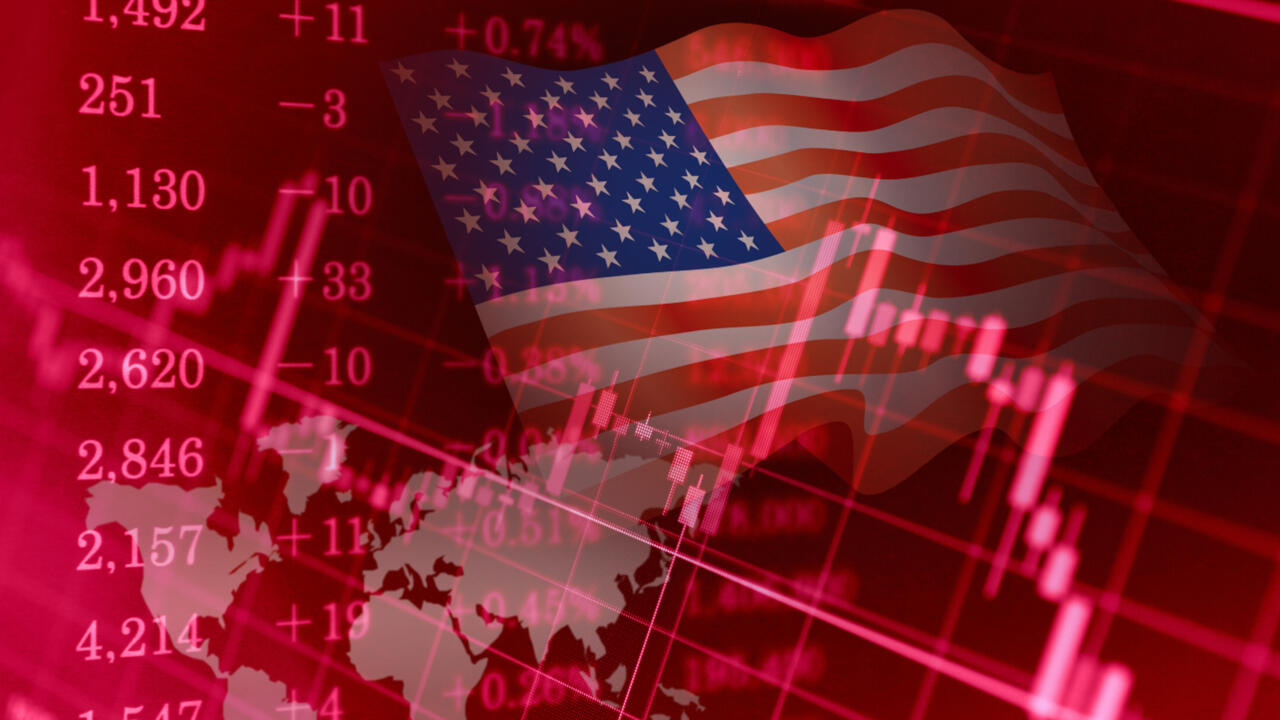U.S. consumer confidence has dwindled for the third consecutive month, reflecting ongoing apprehensions about short-term financial prospects amidst sustained inflation and elevated interest rates.
According to the Conference Board, a prominent business research organization, the consumer confidence index dropped to 97 in April from 103.1 in March. This index gauges both the current economic conditions as well as the outlook for the upcoming six months.
Notably, the index assessing Americans’ short-term expectations regarding income, business, and job market prospects plummeted to 66.4 from 74 in the previous month, marking its lowest level since July 2022. A reading below 80 often signals an impending recession.
Respondents in the Conference Board’s survey expressed persistent concerns about soaring prices, especially regarding essentials like food and fuel. While expectations of a recession edged up in April, they remain below their peak in May 2023.

The decline in consumer confidence was widespread across all age and income brackets, except for individuals earning annual salaries between $25,000 and $49,999.
Additionally, intentions to purchase a home or significant appliances, as well as plans for vacations, saw a decline.
Despite these concerns, most economic indicators suggest that the U.S. economy maintains its robustness by historical standards, although there are indications of a possible slowdown.
The economy notably slowed down to a 1.6% annual pace in the first quarter, attributed partly to high-interest rates. However, consumer spending remained resilient, a crucial driver of economic growth.

Recent data from the Commerce Department revealed that retail sales surged 0.7% in March, nearly double the economists’ forecast, following a 0.9% increase in February.
Similarly, the labor market continues to exhibit strength, with U.S. employers adding 303,000 jobs in March, driving the unemployment rate down to 3.8%. This marked the 26th consecutive month with unemployment below 4%, the longest such streak since the 1960s.
Looking ahead, economists anticipate a solid addition of 230,000 jobs in the April jobs report scheduled for release on Friday, further underscoring the resilience of the U.S. economy amidst inflationary pressures and other challenges.
